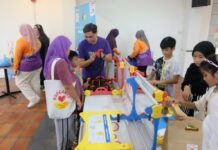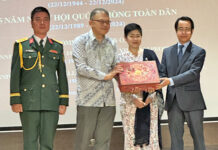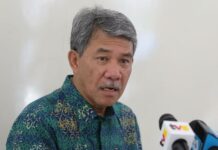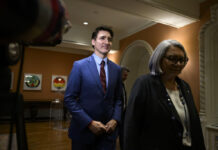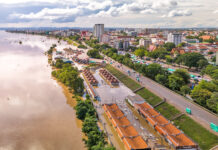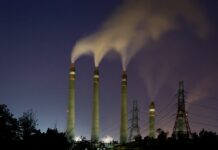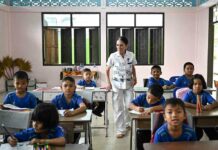CNA – Bank of Korea Governor Rhee Chang-yong said on Saturday interest rates would need to continue increasing until inflation is in decline, but the country likely could not call a halt to its tightening cycle before the United States (US) Federal Reserve.
Dollar appreciation driven by Fed rate increases has added to inflation in many open economies around the world, including South Korea, as the local currency falls in value.
“We are now independent from government, but we are not independent from the Fed. So if the Fed continues to increase the interest rate it will have a depreciation pressure for our currency,” Rhee said in an interview with Reuters. Although the Bank of Korea began raising interest rates before the Fed, with its first hike coming a year ago, “whether we can end earlier – I don’t think so”.
Inflation in Korea is largely the result of outside issues like energy prices, Rhee said, and, “if you ask me, whether I’m going to stop… what happens if the oil price increases again?… It’s very hard for us to know the exact timing, given the importance of the
external shock”.
Even though he expects domestic inflation to cool in August compared with the 6.3 per cent rate seen in July, it is “too premature” to say it has peaked, especially since, as winter approaches, gas prices could again rise.
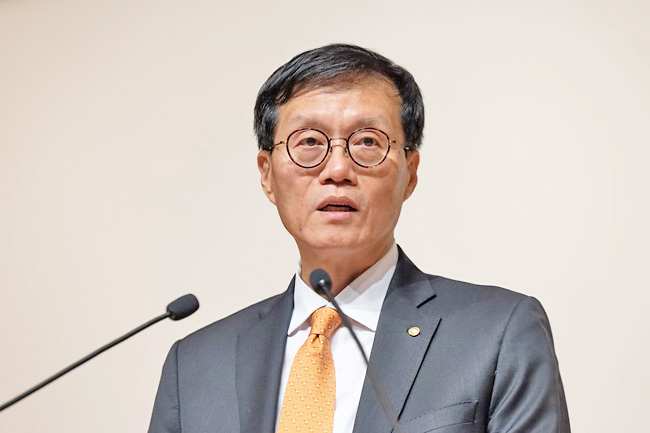
The Bank of Korea raised interest rates by a quarter point at its last meeting to 2.5 per cent, and said further increases of a quarter point “will be appropriate for some time as long as inflation paths remain as currently presumed”.
The stopping point, Rhee said, would hinge on how inflation behaves.
At this point, “I cannot say we are ahead of the curve,” Rhee said. “As long as inflation remains high, meaning four to five per cent… then we will definitely continue to emphasise the normalisation” of interest rates.
Inflation in Korea is expected to run at around five per cent by the end of 2022, and fall through 2023. Its central bank, like many others, targets two per cent inflation.

